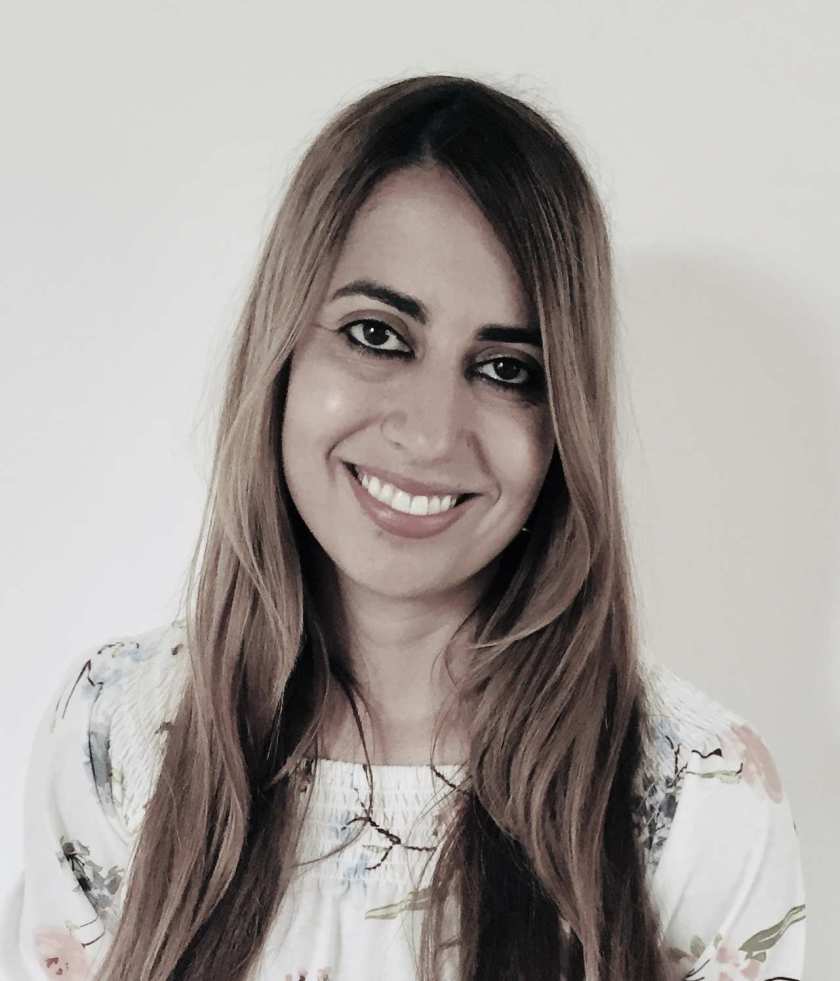The Love Is Healing COVID-19 Response Fund is providing one million dollars in grants to resource organizations and efforts addressing the immediate impacts of the COVID-19 pandemic on girls, fem(mes), and nonbinary/gender expansive youth of color. The grant-making initiative represents Grantmakers for Girls of Color’s first grantmaking effort as an independent entity.

Monique W. Morris, Ed.D., newly appointed executive director of Grantmakers for Girls of Color (G4CC), notes, “In this moment and beyond, philanthropy must address the lack of diversity, quality, and responsiveness of capital directed to support girls of color at the intersection of their complex identities and experiences.” Morris adds, “Even before this pandemic, girls and gender expansive youth of color have faced interlocking forms of oppression that prevent their full participation in our country’s future.”
Read More









